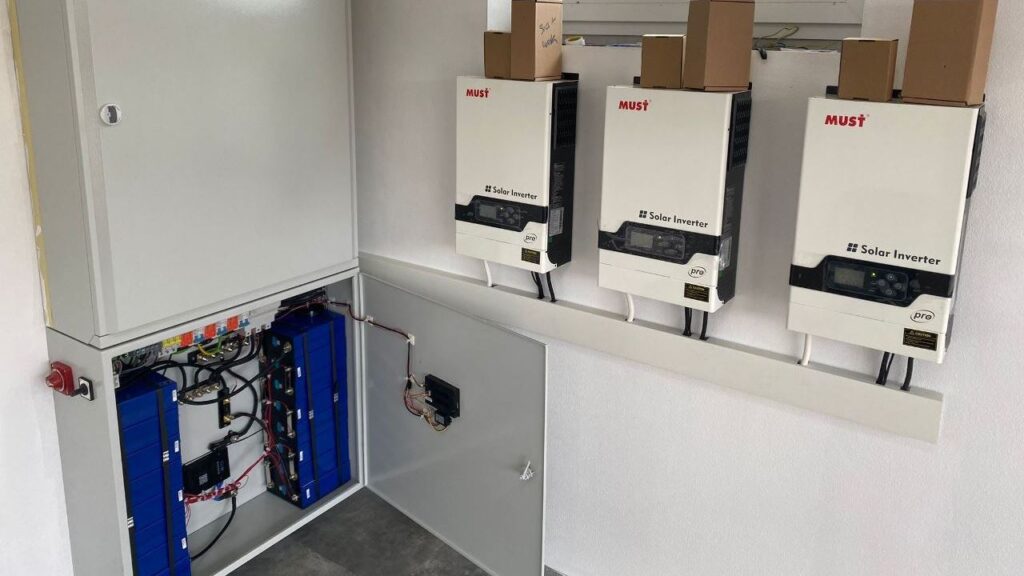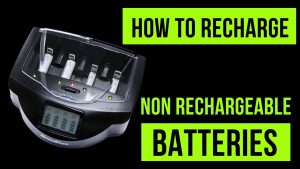Imagine this: you’re engrossed in a crucial work document, halfway through an online presentation, or nestled under a warm blanket when suddenly, plunge! The lights flicker and die, leaving you in the lurch. Power outages, however inconvenient, are an inevitable reality of modern life.
Whether it’s for your humble home or your office space, ensuring uninterrupted power supply is crucial to maintaining productivity, safeguarding valuable data, and preventing costly downtime. But what if you could weather these disruptions with ease? Enter the power backup for home, a technological hero capable of safeguarding your comfort, productivity, and even safety during those unexpected blackouts.
Why Do You Need a Power Backup?
While power outages may seem like minor inconveniences, the consequences can quickly snowball. Here’s why having a power backup is more than just a luxury:
- Protect Essential Appliances: Refrigerators, freezers, medical equipment, and even security systems become useless without power. Power fluctuations and sudden outages pose a significant risk to this sensitive equipment, potentially causing damage or data loss. A robust power backup solution, such as uninterruptible power supplies (UPS) or generators, acts as a shield, providing consistent power and safeguarding valuable assets from voltage spikes, surges, and blackouts.
- Enhancing Productivity: Power outages can bring activities to a grinding halt, disrupting workflow and causing frustration. In an office setting, downtime translates to lost productivity, missed deadlines, and potential revenue loss. Similarly, in a home environment, power interruptions can disrupt daily routines, impacting household chores, entertainment, and even critical tasks such as remote work or studying. By investing in a reliable power backup system, individuals and businesses can mitigate the impact of outages, ensuring uninterrupted operations and maximizing productivity.
- Prevent Data Loss: Unsaved work, corrupted files, and lost productivity – power outages can wreak havoc on your digital life. Backups provide uninterrupted power to computers and servers, keeping your data safe and your workflow uninterrupted.
- Maintain Comfort and Safety: Imagine being stuck in an elevator during an outage or facing extreme weather without essential utilities. Backups keep lights on, heating/cooling systems operational, and communication channels open, ensuring your comfort and safety.
- Peace of Mind: Knowing you’re prepared for contingencies offers invaluable peace of mind. Power outages become less stressful, and you can focus on important tasks without worrying about disruptions.
Types of Power Backups for Your Needs
Now that you understand the importance, let’s explore the different types of power backups available:
- Uninterruptible Power Supply (UPS): Best for short-term outages, UPS systems provide immediate battery backup for essential electronics like computers and routers. They offer seamless power transition, preventing data loss and system crashes.
- Portable Generators: Generators power entire homes or offices by converting fuel (gas, propane, etc.) into electricity. Ideal for extended outages, they require proper ventilation and regular maintenance.
- Home Battery Systems: These store excess solar energy or grid power, offering clean and silent backup for various appliances. While costly upfront, they offer long-term savings and environmental benefits.
- Solar Power Systems with Battery Storage: Combine solar panels with batteries for off-grid living or self-reliance. They generate their own power and store it for backup, ideal for eco-conscious homeowners seeking energy independence.

Choosing the Right Power Backup for Home: Factors to Consider
With diverse options available, choosing the right backup requires careful consideration:
- Power Needs: Evaluate your essential appliance wattage requirements and estimate the anticipated duration of outages.
- Budget: Compare upfront costs, installation fees, and ongoing maintenance expenses for each option.
- Fuel Source and Availability: Consider environmental impact, fuel storage and safety needs, and noise levels for generators.
- Installation and Maintenance: Assess your DIY skills and choose a solution that aligns with your comfort level for installation and upkeep.
- Scalability: Consider future needs and choose a backup with expansion potential if your requirements might increase.
Seek Expert Advice and Invest in Your Security
Consulting a qualified electrician or backup system provider is crucial to ensure you get the right solution for your specific needs. They can assess your property, analyze your power requirements, and guide you through the different options while addressing safety regulations and installation considerations.
Remember, investing in a power backup is an investment in your peace of mind, productivity, and even safety. Don’t wait for the next blackout to catch you unprepared. Take charge and enjoy the comfort and security of uninterrupted power, regardless of what the grid throws your way.




















